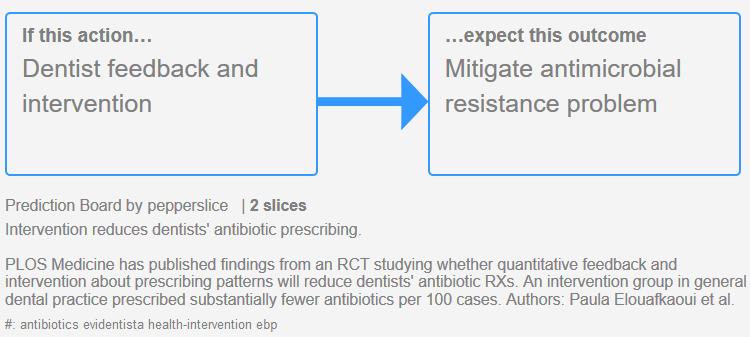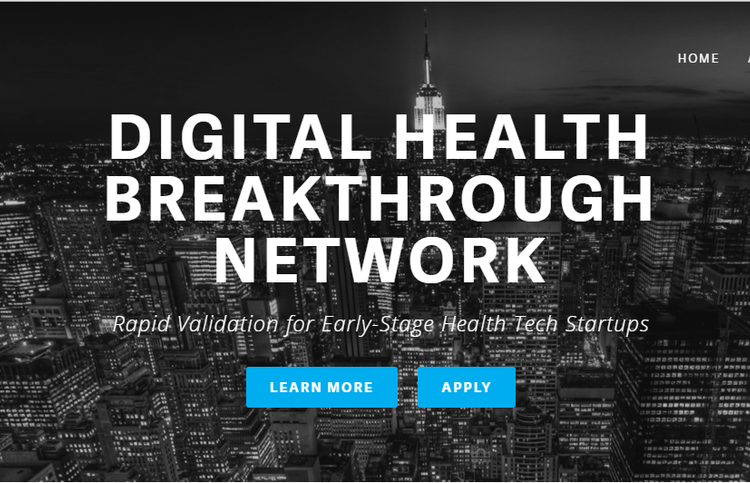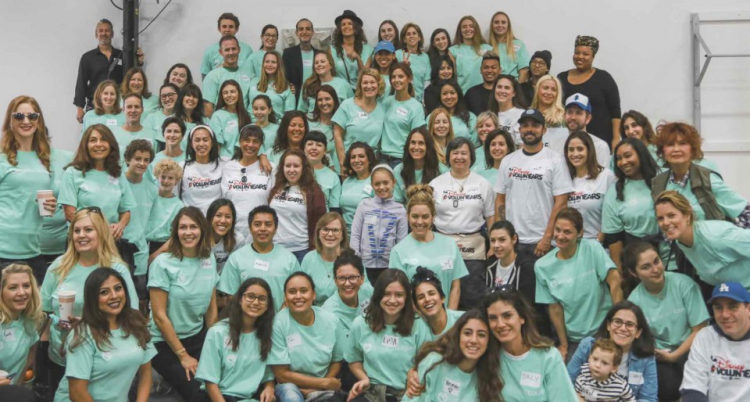1. Deep knowledge → Wagering strategy → Jeopardy! win Some Jeopardy! contestants struggle with the strategic elements of the show. Rescuing us is Keith Williams (@TheFinalWager), with the definitive primer on Jeopardy! strategy, applying game theory to every episode and introducing “the fascinating world of determining the optimal approach to almost anything”. 2. Gun controls […]
1. Crowdsourcing → Machine learning → Micro, macro policy evidence Premise uses a clever combination of machine learning and street-level human intelligence; their economic data helps organizations measure the impact of policy decisions at a micro and macro level. @premisedata recently closed a $50M US funding round. 2. Data blindness → Unfocused analytics → Poor […]
The driving force behind MDRC is a conviction that reliable evidence, well communicated, can make an important difference in social policy.” -Gordon L. Berlin, President, MDRC 1. Slice of the week: Can behavioral science improve the delivery of child support programs? Yes. Understanding how people respond to communications has improved outcomes. State programs supplemented heavy […]
Dentists will slow down on antibiotics if you show them a chart of their prescribing numbers. Antimicrobial resistance is a serious public health concern. PLOS Medicine has published findings from an RCT studying whether quantitative feedback and intervention about prescribing patterns will reduce dentists’ antibiotic RXs. An intervention group prescribed substantially fewer antibiotics per 100 […]
1. #rapidisthenewblack The need for speed is paramount, so it’s crucial that we test ideas and synthesize evidence quickly without losing necessary rigor. Examples of people working hard to get it right: The Digital Health Breakthrough Network is a very cool idea, supported by an A-list team. They (@AskDHBN) seek New York City-based startups who […]
1. Management research: Alchemy → Chemistry? McKinsey’s Michael Birshan and Thomas Meakin set out to “take a data-driven look” at the strategic moves of newly appointed CEOs, and how those moves influenced company returns. The accompanying podcast (with transcript), CEO transitions: The science of success, says “A lot of the existing literature is quite qualitative, […]
1. Behavioral economics → Healthcare innovation. Jaan Sidorov (@DisMgtCareBlog) writes on the @Health_Affairs blog about roadblocks to healthcare innovation. Behavioral economics can help us truly understand resistance to change, including unconscious bias, so valuable improvements will gain more traction. Sidoro offers concise explanations of hyperbolic discounting, experience weighting, social utility, predictive value, and other relevant […]
People are recognizing the critical need for meta-research, or the ‘science of science’. One focus area is understanding whether research produces desired outcomes, and identifying how to ensure that truly happens going forward. Research impact assessment (RIA) is particularly important when holding organizations accountable for their management of public and donor funding. An RIA community […]
1. Academics use crazy tricks for clickbait. Turn to @TheWinnower for an insightful analysis of academic article titles, and how their authors sometimes mimic techniques used for clickbait. Positively framed titles (those stating a specific finding) fare better than vague ones: For example, ‘smoking causes lung cancer’ vs. ‘the relationship between smoking and lung cancer’. […]
1. Know someone who effectively promotes evidence? Nominations are open for the 2016 John Maddox Prize for Standing up for Science, recognizing an individual who promotes sound science and evidence on a matter of public interest, facing difficulty or hostility in doing so. Researchers in any area of science or engineering, or those who work […]





